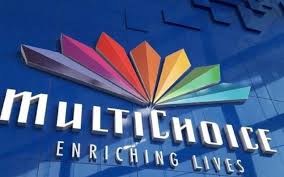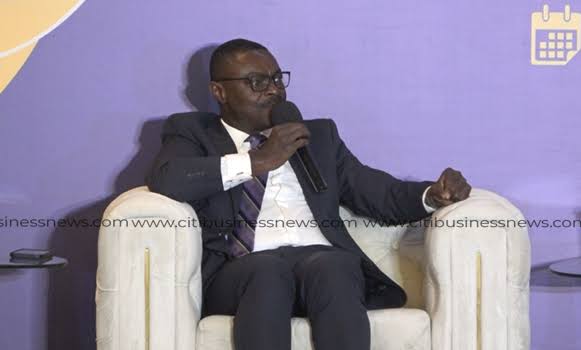Ghana’s government has issued a firm directive to MultiChoice Ghana, the operator of DStv in the country, demanding a 30 percent reduction in subscription prices by August 7, or risk suspension of its broadcasting license.
This move follows concerns that the company’s pricing structure is significantly higher than in other African markets, despite the recent appreciation of the Ghanaian cedi. The directive was announced by the Minister of Communication, Digital Technology and Innovations, who criticised MultiChoice’s decision to raise prices by 15 percent in April, calling it unjustified in the context of improved macroeconomic conditions.
The minister rejected a compromise proposal by MultiChoice to freeze current prices and temporarily halt the repatriation of profits, insisting that the company adjust prices to reflect fair regional standards and the currency gains.
The Ghanaian cedi has appreciated by 40 percent against the US dollar in 2025, ranking as the second-best performing currency globally, behind only the Russian ruble. Yet, despite this gain, DStv charges remain high in Ghana. The premium bouquet costs $83 in Ghana, while subscribers in Nigeria pay just $29 for the same package.
MultiChoice has pushed back against the government’s demands, stating that a price reduction on the scale proposed is not feasible. The company maintains that it works to keep prices as low as possible without compromising on content quality and service, even while navigating difficult economic conditions.
In Nigeria, MultiChoice is facing a legal battle with the Federal Competition and Consumer Protection Commission (FCCPC) over its March 2025 price increases on DStv and GOtv packages. The regulator has challenged the company’s latest hike, which saw the DStv Compact bouquet rise by 25 percent to N19,000, Compact Plus increase by 20 percent to N30,000, and the Premium plan jump to N44,500. GOtv packages were also affected.
The FCCPC summoned MultiChoice Nigeria’s CEO for an investigative hearing in February and warned against proceeding with the price changes without regulatory clearance. However, MultiChoice implemented the new prices on March 1, in defiance of the Commission’s directive.
The FCCPC has since launched legal proceedings against the company and its CEO, accusing them of breaching regulatory instructions and obstructing an ongoing investigation. The Commission raised concerns over possible abuse of market dominance and anti-competitive behaviour within the pay-TV sector.
MultiChoice now faces mounting regulatory scrutiny in two of its key African markets, as both Ghana and Nigeria move to confront what they view as unjust pricing practices in the industry.









